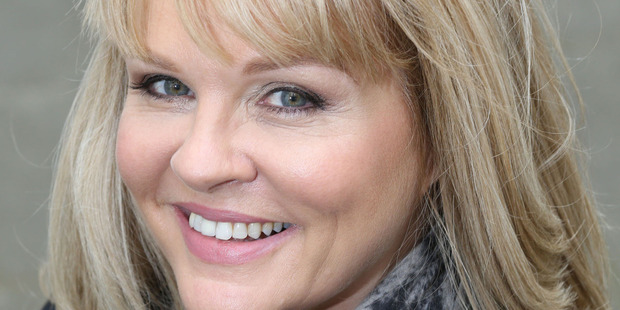
Most people might be a little disconcerted at being confronted by their fictionalised selves, but not forensic cyber psychologist Professor Mary Aiken.
Arriving at a Los Angeles airport swarming with cast and crew, Aiken glimpses Patricia Arquette's lead character FBI Special Agent Avery Ryan in CSI: Cyber stepping off a jet.
But she's not here to check how Arquette looks, but instead to advise on the accuracy of the latest CSI franchise, which explores the real world of internet blackmail, cyber-theft, hacking and cyber-villains in the darkest corners of the deep web.
Aiken is director of the Cyber-Psychology Research Centre at the Royal College of Surgeons in Dublin, the world's first dedicated unit exploring a technological parallel of virtual criminality. Without Aiken there would be no Avery Ryan, and many of the cases she has cracked have become the basis for the story-lines of the CSI spin-off show.
Cyber crime globally costs £260 billion ($607.2 billion) a year, rivalling drug trafficking and money laundering as the world's leading crime. Which is where Aiken comes in. She advises governments and police forces around the world as they grapple with real criminals in a virtual world - 90 per cent of which is the deep web that most of us are unaware of.
"Online, people behave in ways they would never in the real world," says Aiken. "They take risks they would not dream of taking on the street, making contact with those they know nothing about."
The abuse of selfies is just one theme of CSI: Cyber. Others include remote online arsonists and killers posing as drivers of private cabs summoned by their victim's mobiles. The series began with an episode based on a true case in Houston of criminals hacking into video baby monitors so they could kidnap infants and auction them to order. All of it was meticulously researched for accuracy by Aiken.
Weeks after that episode was aired, thousands of webcams in the US were hacked, with live footage of sleeping babies appearing on Russian websites.
When she left University College, Dublin, with her psychology degree, Aiken headed for industry, working on consumer behavioural profiling before becoming European senior vice president of an American advertising and marketing services company. Increasingly fascinated by artificial intelligence and cyber-psychology, she gave up corporate riches 10 years ago to do a doctorate on the subject before setting up her research centre in 2011.
Aiken enjoys her CSI: Cyber role, recognising that entertainment brings big issues alive to millions of people that dry research does not.
"Technology itself is not good or bad," she says. "It is either used well or poorly by humans."
Cyber threats
Phishing: A way of tricking people into handing over card details or access to protected systems. Emails are sent out that contain either links or attachments that take you to a website that looks like your bank's, or installs malware on your system. Almost a quarter of phishing emails are opened, says a Verizon study.
Identity theft: Criminals use online "fraud forums" to buy and sell credit cards, email addresses and passports.Hacking: There are reportedly about nine data record exposures every second. More than a quarter of these were executed internally within organisations. It is estimated that 90 per cent of all data records that were used in a crime was a result of organised crime.
Online harassment: More than half of adolescents and teens have been bullied online; 73 per cent of adults have seen harassment online and 40 per cent have experienced it.